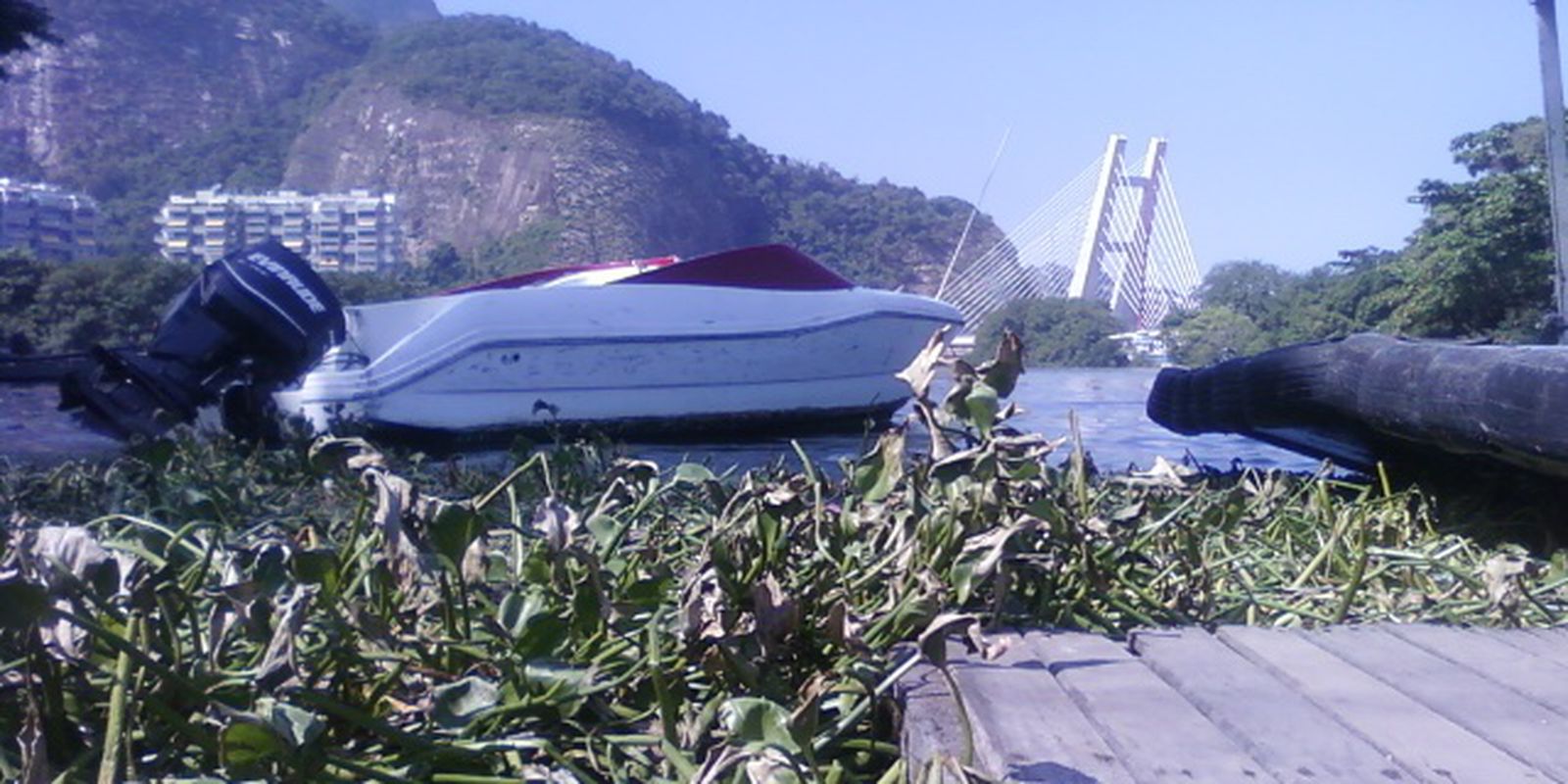The Municipal Urban Cleaning Company (Comlurb) removed on Tuesday (10), 280 tons of gigogas from the sands of Barra da Tijuca beach, west of the city. Aquatic plants ended up in the sea after an eco-barrier was installed in Lagoa da Tijuca, it broke, on Friday (6). According to the State Institute for the Environment (Inea), the barrier was fixed the next day, but gigogas continue to reach the shore.
The gigoga thrives in the contaminated aquatic environment. She is known for cleaning up water, as her roots filter organic matter. It also assists in feeding and reproduction of various aquatic species. Its roots are used as food, protection for small fish and serve as spawning grounds.
The cleaning work on Barra da Tijuca beach continues this Wednesday (11), because many plants are still in the sea and should reach the beach. A team made up of, on average, 70 street sweepers and supported by two wheel loaders, four beach tractors, five dump trucks, a compactor and a crawler tractor cleans the sand daily. The gigoga removal service continues as long as there are plants touching the beach.














